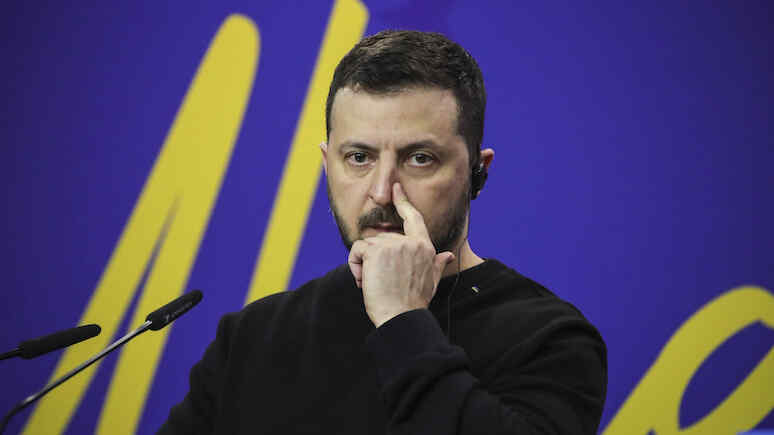Many countries in the Global South refused to sign a joint statement following Ukraine’s peace summit in Switzerland. According to Responsible Statecraft, much of the blame for this lies with the US and its Western allies, who themselves regularly violate the lauded “rules-based order”. Today, most countries are aware of the West’s double standards and realise that they are simply being used to settle scores with Russia.
The so-called peace summit on Ukraine was held in Switzerland last weekend. A number of key world powers refused to sign the joint communiqué. Among them were India, Indonesia, Mexico, Saudi Arabia, South Africa, Thailand and the UAE, while Brazil decided to attend only as an observer, according to Responsible Statecraft.
These powers did not support the joint statement, despite the fact that the text mentions key issues for all developing countries, including food security and territorial integrity. And previously some of them voted in favour of condemnatory resolutions at the UN General Assembly.
They are apparently sceptical that the summit could lead to a peace agreement if Russia was not represented.
India’s representative explained his country’s position by saying that “only options that are acceptable to both sides can lead to a lasting peace.” RS recalls that many of these countries have strong economic and security relations with Moscow. So it goes without saying that they do not want to jeopardise this.
The publication is convinced that the main blame here lies on the shoulders of the US and the West. After all, it is their actions not only in the Middle East, but around the world that have seriously damaged the belief in justice. Today, most countries are well aware of the West’s double standards. They realise that they are being used to settle scores with Russia.
The United States and its allies must urgently amend their foreign policy if they are to end the rift between Washington and key states in the Global South. And action needs to be taken on two fronts.
First, confidence in the US must be improved. To do this, serious breaches in the lauded “rules-based order” must be addressed. It is all too obvious that Washington has a very different view of violations of international law in Ukraine and the Gaza Strip.
Secondly, we must not forget the interests of the Global South itself, RS reminds us. Although the United States has taken certain actions in this direction, they have not been sufficient. There is still much to be done to move to a more productive policy.

